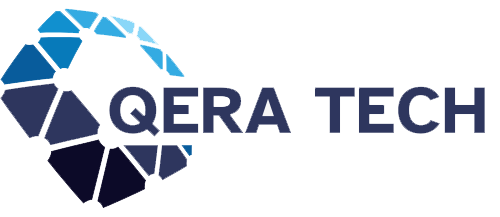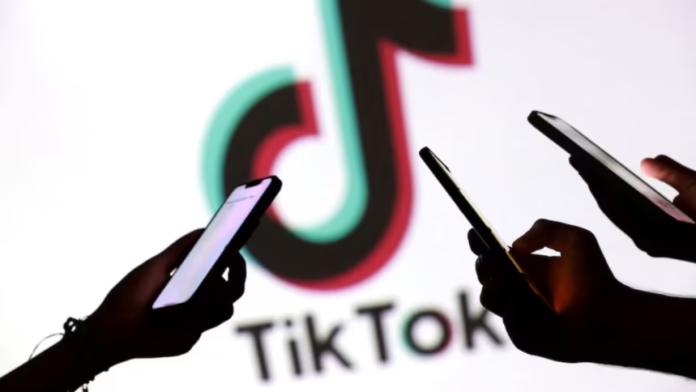If you’ve been holding your breath over TikTok’s future in the United States, here’s some news that will make you exhale. After months of tense negotiations, a deal has been struck between the US and China that allows TikTok to continue operating stateside. But this isn’t just a routine business agreement; it’s a carefully balanced compromise aimed at addressing national security concerns while keeping the viral video app alive for millions of Americans.
A Complicated Puzzle: TikTok’s American Presence
The central piece of this deal revolves around TikTok’s American operations. Under the agreement, ByteDance—the Chinese parent company will maintain a 19.9% stake, while the majority, 80%, will be held by a consortium of US investors. Current shareholders are joined by new backers, including Oracle, one of the most well-known names in enterprise technology.
Think of it like a joint custody arrangement: ByteDance keeps a foot in the door, but the Americans now hold the steering wheel. The new US-based entity will have a board dominated by Americans, with one seat specifically designated by the US government. It’s a delicate balancing act designed to reassure lawmakers, regulators, and the public that control over data and decisions is firmly in US hands.
National Security Concerns and Data Safeguards
Why all the fuss? The answer is simple: data. Critics have long worried that TikTok could allow the Chinese government to access user information. ByteDance has consistently denied this, pointing out that US user data is stored domestically with Oracle. Still, the optics of a Chinese-owned company controlling a platform used by hundreds of millions of Americans created political headaches that no PR team could easily fix.
The deal includes measures to separate TikTok’s US operations from its parent company, but many details remain vague. Exactly how the data will be safeguarded, or what ongoing oversight mechanisms will be in place, hasn’t been fully disclosed. For regulators and lawmakers, the devil is in the details.
Extended Deadlines and Political Maneuvering
Originally, TikTok faced an aggressive timeline to divest or restructure its US operations. The White House has now extended that deadline by 90 days, giving both sides until December 16 to finalize the arrangement. This extension is more than just a scheduling tweak it’s a recognition of the complexity involved in separating TikTok’s vast US operations from ByteDance’s global infrastructure.
The deal also hasn’t escaped scrutiny from Congress. Lawmakers on both sides of the aisle have been vocal about their desire to see strong safeguards protecting American users. Some are pushing for stricter controls or additional reporting requirements, while others view the agreement as a pragmatic solution to an otherwise volatile situation.
Why Oracle and US Investors Are Key
Oracle’s involvement is particularly interesting. Known primarily for cloud computing and enterprise software, Oracle is now stepping into consumer tech in a very public way. By storing TikTok’s US user data and holding a significant stake in the new entity, Oracle becomes a critical player in the app’s US operations.
The broader consortium of US investors also plays a crucial role. By giving Americans the majority stake and decision-making power, the deal seeks to address the political and security concerns that have plagued TikTok for years. It’s a move that may serve as a blueprint for other foreign-owned tech platforms operating in sensitive markets.
What This Means for TikTok Users
If you’re a TikTok user, here’s the bottom line: the app isn’t going anywhere—at least not immediately. Your feed, your favorite creators, and the endless scroll of videos will continue, and the underlying infrastructure is being restructured to meet US regulatory demands.
However, there’s still uncertainty. Congress could push for additional oversight, or the deal could face hiccups during final approval. Users may notice subtle changes in how the app operates, particularly around privacy settings, data storage, and content moderation. But for now, the viral dances, cooking hacks, and lip-sync videos aren’t going anywhere.
Bigger Implications for Tech and Politics
TikTok’s case isn’t just about one app—it’s a bellwether for how the US will handle foreign-owned tech companies moving forward. Data privacy, national security, and corporate governance are increasingly intertwined, and TikTok is at the center of that intersection.
The deal also highlights how political considerations can reshape business strategies. Companies may now need to factor in geopolitical risks when expanding globally, especially in sectors like social media and AI, where data access is highly sensitive.
Final Thoughts: Why This Matters
Here’s what this really means: TikTok’s deal represents a compromise between business growth and national security. It shows that the US government is willing to work with foreign tech companies—but only under conditions that give Americans a controlling stake and oversight.
For users, it’s mostly good news: your favorite app continues, and data security measures may improve. For investors and tech insiders, it’s a lesson in how regulatory scrutiny can influence ownership structures and corporate governance. And for the tech industry at large, it’s a clear signal that geopolitics and data privacy will play increasingly central roles in decision-making.
If you’ve ever wondered how much politics shapes the apps you use every day, this is a perfect example. It’s not just about funny videos or viral trends—it’s about control, data, and who gets to decide the rules in a world where tech and politics collide.

